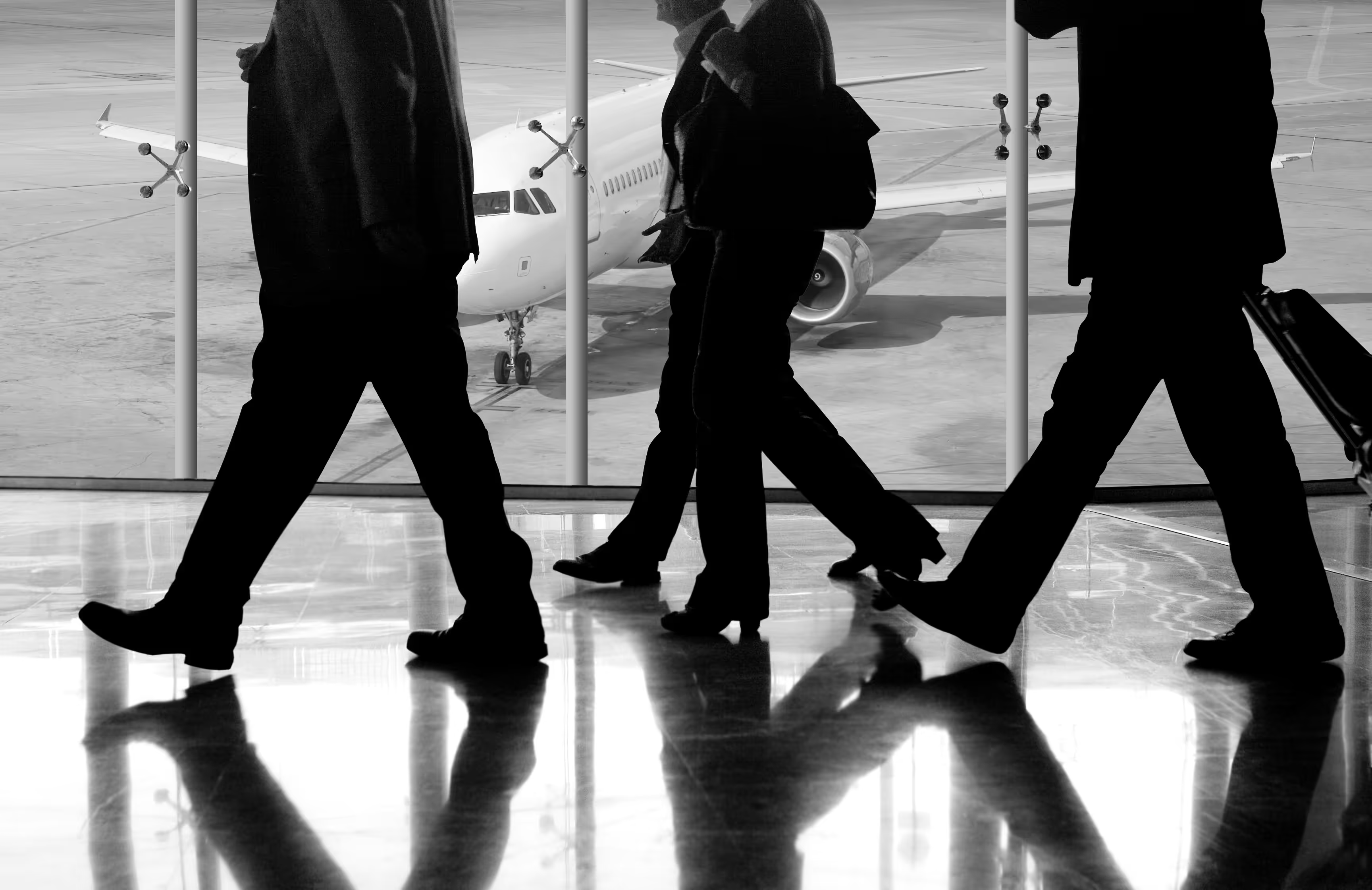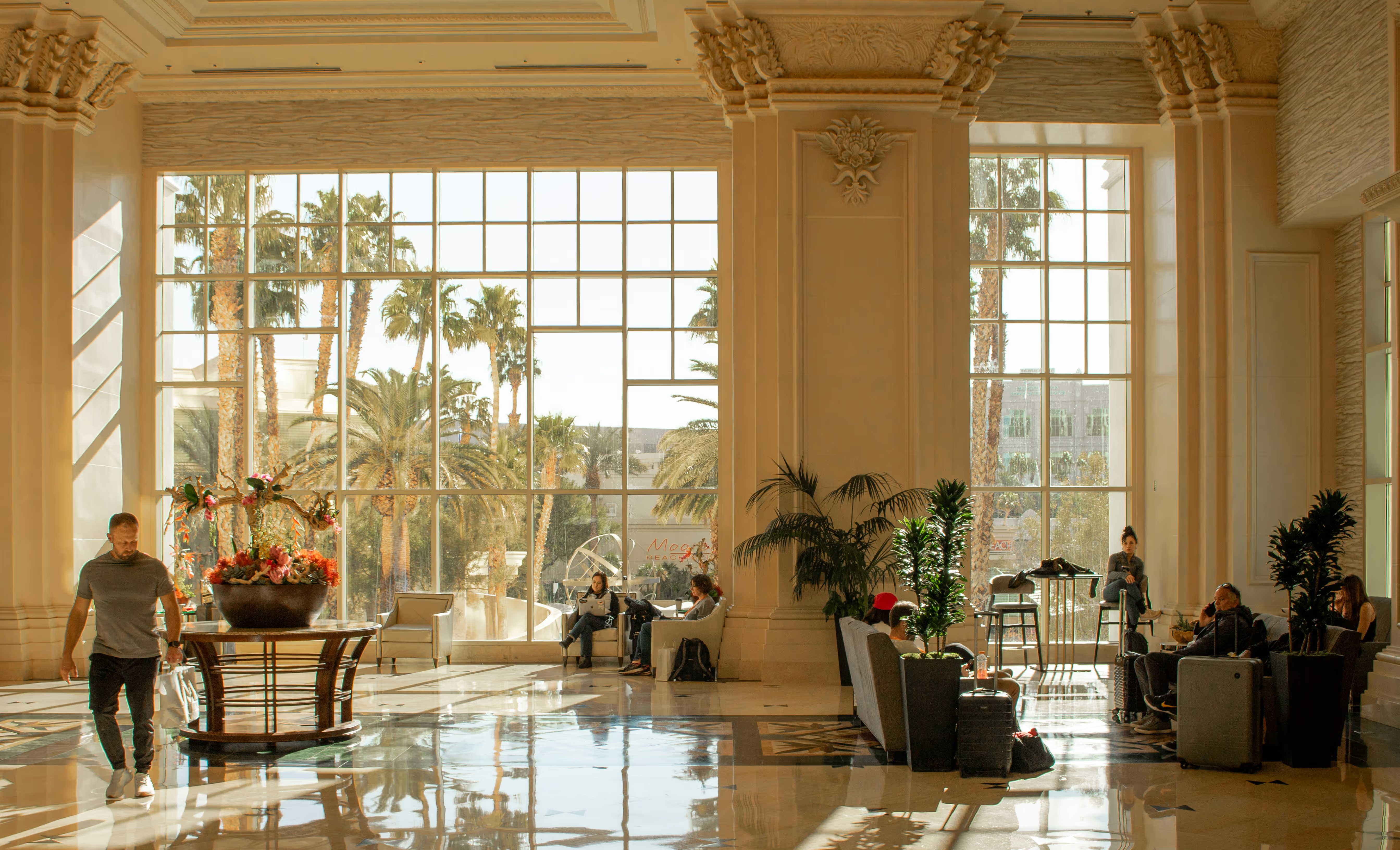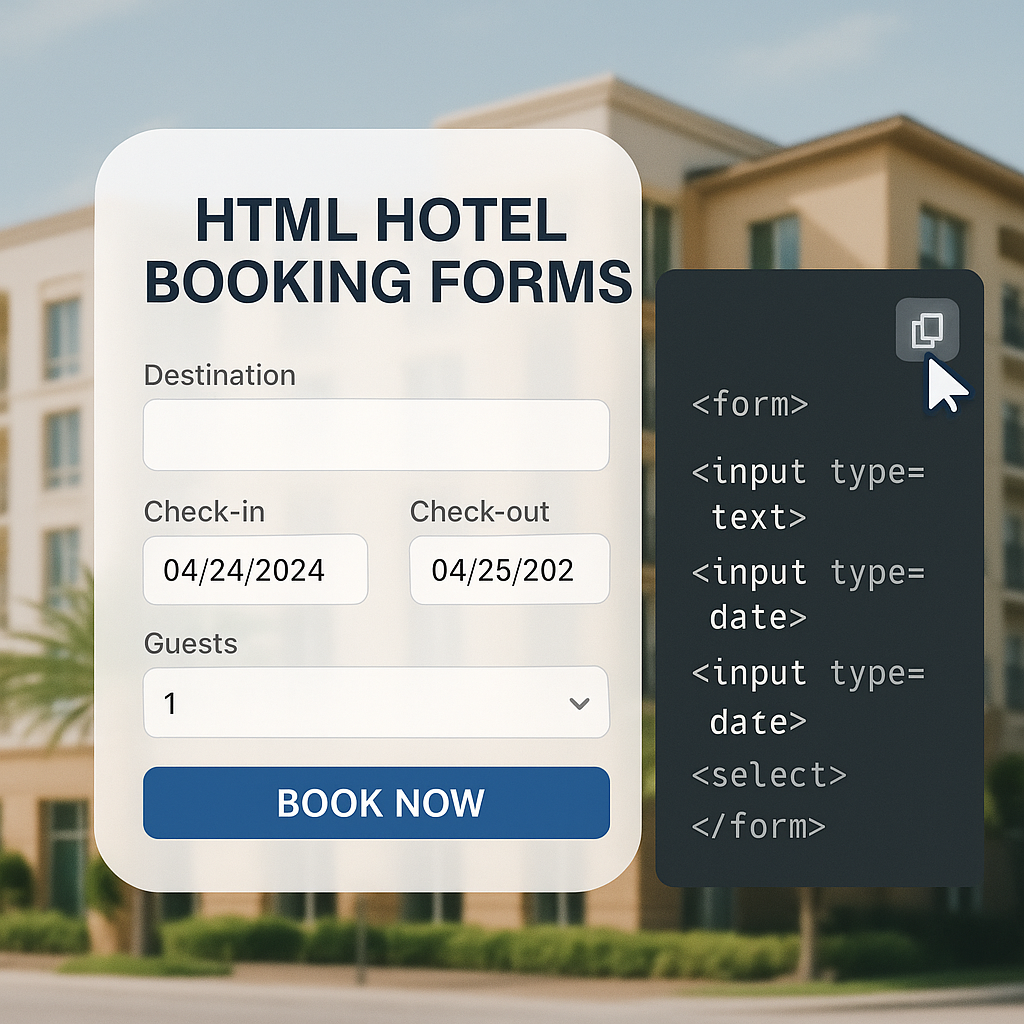Business Travel Rebounds as In-Person Connection Becomes a Workplace Priority

Hybrid and remote work have reshaped how we collaborate – offering flexibility, autonomy, and access to a wider pool of talent. But this new way of working has also made it harder for employees to feel connected. As employees look for ways to build more meaningful connections, business travel is making a comeback, with conference season emerging as one of the most important opportunities to bring people together.
According to a new study conducted by The Harris Poll on behalf of Engine, more than half of U.S. office employees (55%) say they wish they had more opportunities to connect with colleagues in person, and nearly one in four (24%) admit they don’t feel connected to their colleagues. Hybrid workers are more likely to feel the strain compared to their in-person counterparts: six in 10 hybrid office employees (60%) want more chances to connect in person (compared to 52% in-person), showing how the back-and-forth between home and office can still leave people searching for real connection.
Younger office employees are also driving this sentiment. Two-thirds of Gen Z (ages 18-28) office employees (67%) want more face-to-face time with colleagues, suggesting that early-career professionals may be missing out on the mentorship and spontaneous learning that often comes from time spent in the office.
Why conferences are filling the gap
It’s not just about seeing coworkers – it’s about relationships. Nearly half of office employees (48%) say it’s difficult to build meaningful relationships with colleagues virtually. And with 39% saying they feel lonelier in their work environment now than they have in the past, the need for in-person interaction is clear. Gen Z office employees again are more disproportionately affected by this loneliness: more than half (53%) say they feel lonelier today compared to previous years, compared to just 37% of Millennial (ages 29-44) office employees.
That’s why conferences are stepping into a new role. Nearly eight in 10 office employees (79%) say they want to attend more in-person professional conferences. While professional development (32%) and networking (36%) are key reasons, the motivations go deeper: office employees want to strengthen bonds with colleagues (31%), feel part of a community (30%), and simply get more in-person interaction (32%). Conferences have become less about “checking a box” and more about providing the sense of belonging workers are missing day-to-day.
Employers are responding by encouraging more conference attendance
Businesses see this shift too. Fifty-eight percent of office employees say their company is more encouraging of employees attending conferences this year compared to years past, signaling a recognition that conferences are about more than education or lead generation. For many companies, sending employees to events is becoming a way to invest in morale, retention, and culture-building in an era when hallway conversations and team offsites are less frequent.
The enthusiasm is mutual: over half of office employees (51%) admit to feeling FOMO when colleagues attend events they don’t, showing that conferences have become cultural touchpoints as much as professional ones.
A season of connection – and travel
All of this is coming to a head this fall. According to the study, three in 10 office employees (30%) plan to attend at least one professional conference this fall (between September and November 2025), and nearly six in 10 (59%) expect to attend a conference within the next year. A quarter (24%) even say they’ll attend more conferences this fall than they did last fall.
That surge in travel doesn’t just benefit employees and employers – it also stands to bolster local economies. Airlines, hotels, and restaurants, many of which have faced weakened demand due to rising costs of living, tariffs, and shifting consumer spending, could see a meaningful lift as conference attendance climbs. In this sense, the return of conference travel is not only about rebuilding workplace connections, but also about breathing energy back into industries that thrive on in-person gatherings.
The new purpose of business travel
The rise in conference travel shows how businesses are adapting to a more distributed workforce. Beyond professional development, these events are becoming critical touchpoints for fostering relationships, culture, and collaboration.
“As work has become more distributed, people are craving the kinds of in-person experiences that help them feel part of something bigger,” said Heather Krueger, SVP of People at Engine. “That’s why this year’s conference season is shaping up to be so busy – travel is no longer just about business goals, but about keeping employees connected and engaged. It also has the potential to give a boost to the travel, hospitality, and local tourism industries.”
Survey Methodology:
This survey was conducted online within the United States by The Harris Poll on behalf of Engine from August 21-25, 2025 among 1,118 U.S. adults ages 18 and older who are employed in an office setting. The sampling precision of Harris online polls is measured by using a Bayesian credible interval. For this study, the sample data is accurate to within +/- 3.6 percentage points using a 95% confidence level. This credible interval will be wider among subsets of the surveyed population of interest. For complete survey methodology, including weighting variables and subgroup sample sizes, please contact [email protected].





.jpg)
















